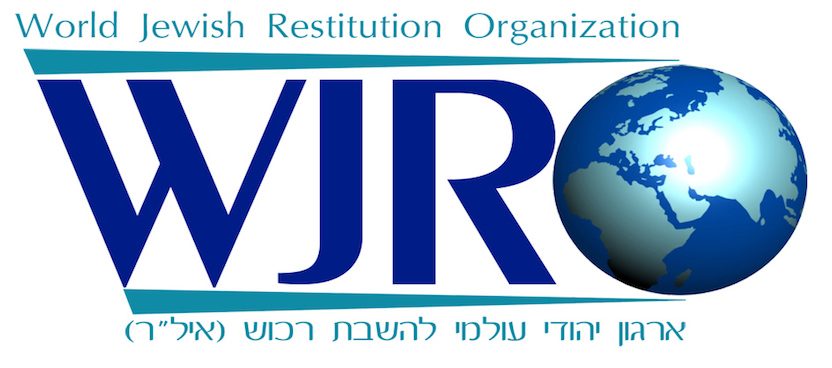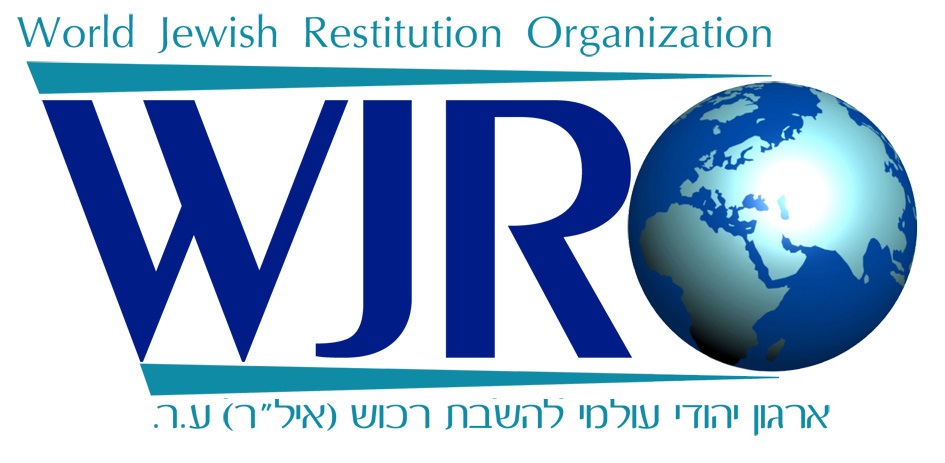
World Jewish Restitution Organization “Profoundly Disappointed” at Proposed Polish Property Legislation that would Exclude Vast Majority of Holocaust Survivors and Their Families
Urges Government to Ensure Fair and Just Law
October 20 – Over seventy years after 90% of Polish Jewry was killed during the Holocaust, the Polish Government today published proposed legislation that would address property confiscations. The draft legislation as proposed would exclude most Holocaust survivors and their families.
On behalf of the World Jewish Restitution Organization (WJRO), Ambassador Ronald S. Lauder, Chairman, and Gideon Taylor, Chair of Operations, made the following statement after the Polish Ministry of Justice released earlier today the text of planned legislation on confiscated property:
“We are profoundly disappointed that the Polish government’s proposal excludes the vast majority of Polish Holocaust survivors and their families. Polish Holocaust survivors and their families were an integral part of Polish life for centuries. Their property is often their last tangible connection with the life they lived before the destruction of the Holocaust. We strongly urge the Polish government to ensure that the legislation, when introduced to the Parliament, will have eligibility criteria and a claims process that are fair and just to those who suffered and lost so much.”
According to the text published by the Ministry of Justice, the legislation would:
- Require that claimants currently be citizens of Poland today. In addition it would require that they have been residents in Poland at the time that their property was nationalized by the Communist regime. These provisions would exclude the vast majority of Holocaust survivors, and their families, who left Poland during the Holocaust or in its aftermath and now live outside Poland.
- Exclude heirs, other than spouses and first line heirs (i.e. children, grandchildren). This unprecedented exception to existing Polish succession rules would disproportionately harm heirs of victims of the Holocaust. Because of the devastation of the Holocaust, non-linear heirs, such as siblings or nieces and nephews, were often the only remaining heirs to Jewish properties.
- Bar claims by foreign citizens if they were eligible for compensation under postwar bilateral treaties between their country and Poland – even if they did not file claims. Most survivors were not eligible to file claims under these treaties, but even those who were eligible often did not know to file claims as they sought to rebuild their lives after the Holocaust.
- Prevent people from filing claims for their property if owned through shares in a corporation.
- Establish a short one-year claim period after which property would be transferred to the Polish Treasury.
- Eliminate the possibility of return of the actual property, or of substitute property and limit compensation to 20% of the value of the property in cash or vouchers, or 25% in government bonds.
The proposed legislation, in Polish, can be found at the Ministry of Justice website www.ms.gov.pl/pl/informacje/news,9903,duza-ustawa-reprywatyzacyjna.html.
Since 1993, the WJRO has urged the Government of Poland to address the issue of Holocaust-era restitution in a comprehensive manner. Roughly half of the Jews who perished in the Holocaust were Polish – approximately 3 million Polish Jews were killed in the Holocaust, 90% of the Polish Jewish population. Poland is the only major country in Europe that has not passed national legislation for the restitution of property unjustly seized by the Nazis and/or nationalized by the Communist regime.
For media inquiries please contact pr@wjro.org.il





